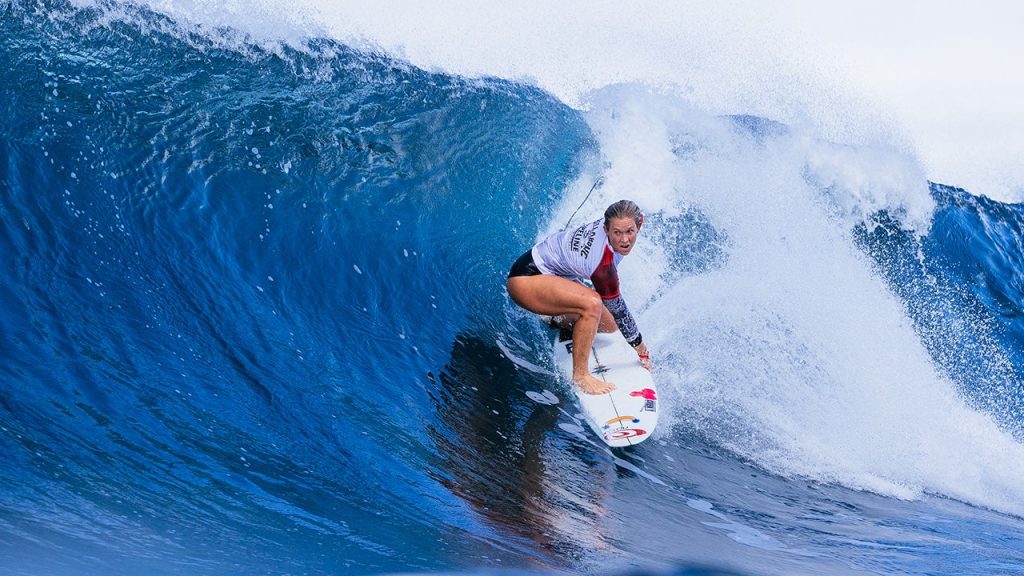American surfing legend Bethany Hamilton has criticized California officials for allowing a transgender surfer to compete in the women’s division at the Huntington Beach Longboard Pro competition. The California Coastal Commission informed event organizer Todd Messick that banning transgender athletes would violate the Coastal Act and the policies of the World Surf League and International Surfing Association. Messick initially stated that the event would only allow biological males in the men’s division and biological females in the women’s division, but eventually reversed course to comply with the regulations.
After a transgender surfer, Sasha Jane Lowerson, expressed interest in competing in the women’s division, Messick was contacted but did not respond to the inquiry. Lowerson paid the entry fee but ultimately decided not to compete. The California Coastal Commission confirmed that the American Longboard Association met the criteria to hold the event, despite the initial controversy surrounding transgender participation. The International Surfing Association’s policy allows transgender athletes to compete in women’s events if they provide a declaration of identifying as a woman and meet certain testosterone level requirements.
Hamilton, known for her inspirational story of continuing to surf after losing her arm in a shark attack as a teenager, voiced her disagreement with allowing males to compete in female surfing events under California state law. The California Coastal Commission stated that banning transgender athletes from competitions would go against the public access, recreation, and environmental justice policies of the Coastal Act. The pressure from the Commission led to the American Longboard Association changing its stance on transgender inclusion at the event to ensure compliance with the regulations set forth by various governing bodies in the sport.
Messick’s initial comments about supporting biological males in the men’s division and biological females in the women’s division stirred controversy and prompted the California Coastal Commission to issue a letter urging compliance with transgender policies. The event was at risk of not qualifying for a permit under the law if the policy banning transgender athletes was enforced. Messick eventually announced a change in policy to allow transgender athletes to compete in their preferred divisions, aligning with the guidelines set by the International Surfing Association. The situation highlighted the ongoing discussions and challenges surrounding transgender inclusion in sports and the importance of adhering to regulations to ensure fair competition for all athletes.
The debate around transgender participation in surfing competitions reflects broader conversations about inclusivity and fairness in sports. While the American Longboard Association initially faced scrutiny for its stance on transgender athletes, the organization ultimately complied with regulations to allow a transgender surfer to compete. The policies set by governing bodies like the International Surfing Association aim to create a level playing field for all athletes, regardless of gender identity. The controversy at the Huntington Beach Longboard Pro competition serves as a reminder of the complexities and nuances involved in addressing gender inclusion in sports, and the importance of finding a balance between fairness and inclusivity in competitive environments.


